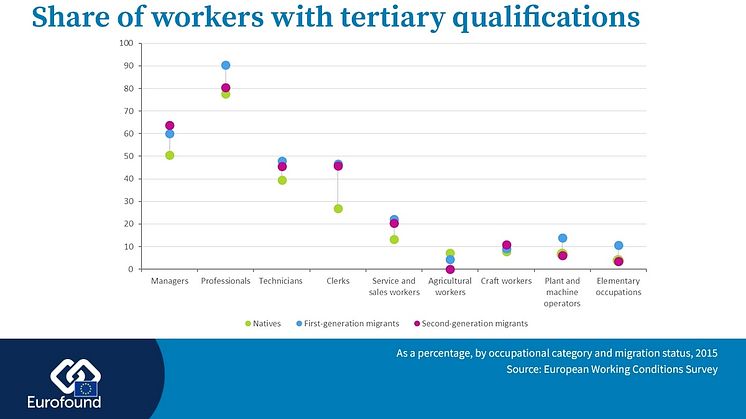One in three households in EU is now single occupancy
A new analysis of EU-level data by Eurofound shows that one in three households in the EU is now single occupancy. Germany now has the largest proportion of the population living in single-person households, and large increases in the share of the population living alone have been reported in Lithuania and Bulgaria.




















